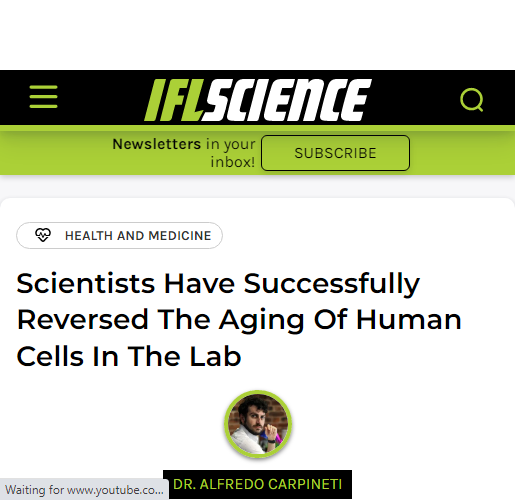Anti-aging interventions
Joseph I. Shapiro M.D. is the senior author of the article and the dean of Joan C. Edwards School of Medicine. He said, \”I’m extremely excited about this research.\” I believe that my team has not only implicated NAKL, discovered by Dr. Zijian Zie, in aging but also identified a new therapeutic target and a specific pharmacological approach to slow down the aging. It will take some time to test these concepts on human subjects. However, I remain cautiously optimistic about the eventual outcome of clinical therapeutics.
The extensive, year-long research of the team focused first on aging mice that were fed a western diet in order to induce oxidant stress and antagonize NAKL. The Western diet accelerated the structural and functional signs of aging in mice, but the addition of pNaKtide reduced these changes. In vitro, the same results were replicated by exposing human dermal cells to different types oxidant stress. This was done by activating NAKL and increasing expression of senescence marker, as well as causing cell damage. Researchers demonstrated that pNaKtide treatment significantly reduced the negative effects of aging.
Our data suggest that the Na/K ATPase Oxidant Amplification Loop is closely involved in the aging processes and, if confirmed by human studies, could ultimately serve as a target for therapeutics,\” said Komal Sodhi M.D. an associate professor of biomedical sciences and surgery at the Joan C. Edwards School of Medicine. If the pNaKtide is safe to use in humans, then it may be possible to investigate the application of this specific agent to the clinical problem of aging.
Source:
https://www.sciencedaily.com/releases/2018/06/180626113438.htm



